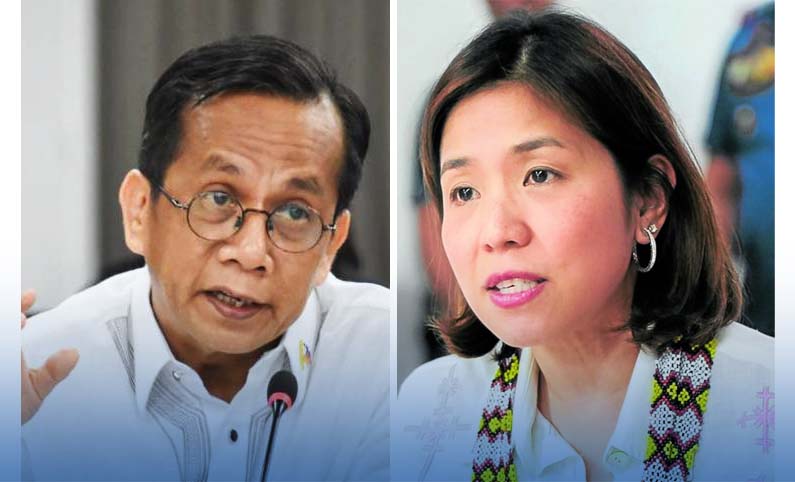PH growth remains ‘impressive,’ says Neda

The Philippines remains among the top performing economies in Asia although it fell short of its 2024 targets, Economic Planning Secretary Arsenio Balisacan said over the weekend.
“We fell short of the target, but that’s understandable because of the external and domestic factors that are outside of our control,” Balisacan said after a board meeting of the National Economic Development Authority (Neda) in Malacañang.
Balisacan is the director general of the Neda, which is presided by President Marcos.
“But nonetheless, you know, the performance of the economy was still quite impressive compared to our neighbors in the entire Asia,” he said at an economic briefing.
He noted that the country’s gross domestic product (GDP) grew by 5.8 percent during the first three quarters of 2024, lower than its target of 6.5 percent to 8 percent.
In 2023, the country’s GDP growth of 5.6 percent, outpaced China (5.2 percent), Vietnam (5 percent), and Malaysia (3.8 percent).
Balisacan attributed the slide in production number and intensity of typhoons that hit the country last year as well as inflation.
He said the country remained on a growth track that began even before the pandemic and World Bank data showed that the Philippines was still among the fastest growing economies in Asia, including China, India, Indonesia and Vietnam.
Still attainable
But Budget Secretary Amenah Pangandaman maintained that the Marcos administration can still reach its economic target by keeping to its medium-term goals.
“Amid all the challenges, let us stay on track toward an inclusive and sustainable economic transformation,” the budget secretary said at the Philippine International Convention Center (PICC) on Friday.
“Under our agenda for prosperity, we need to reach our economic targets of 6 to 8 percent GDP growth, bring down our deficit-to-GDP to 5.3 percent from 5.7 percent in 2024, achieve upper middle-income status and bring down the poverty levels into single digits,” she said.
Ongoing budget review
During the same PICC meeting, which was a budget execution forum, Executive Secretary Lucas Bersamin said Mr. Marcos is intent of the proper implementation of the 2025 national budget.
“The President is really in earnest in seeing the proper implementation of the budget—the surviving parts of the budget,” Bersamin said.
The President signed into law on Dec. 31 the General Appropriations Act 0f 2025, which amounts to a record P6.326 trillion, after the veto of over P194 billion in projects that were “inconsistent with the administration’s program priorities.”
Pangandaman said the Cabinet is still reviewing the 2025 budget and is only 50 percent complete.
Based on the initial results of the review, around P30 billion is needed to fill up the budget of the government agencies that have suffered huge cuts because of the adjustments made by Congress.
She also stressed the need for a close coordination between the executive and legislative branches to avoid future budget gaps.
“You know in the executive department, we know what’s our priorities,” the budget chief said. “From the start, government agencies already have their respective road maps with legacy projects specified,” Pangandaman said.
“We will just have to make sure that all of those are funded now, until 2028 so that these projects are completed.”

















